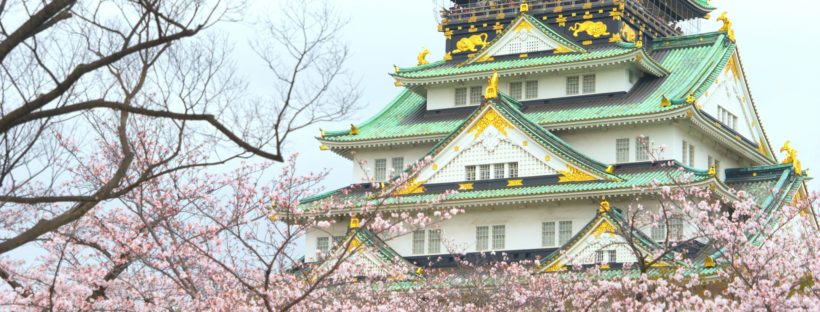 Set against the backdrop of Japanese occupation,
Set against the backdrop of Japanese occupation,
Min Jin Lee‘s Pachinko tells an earnest and heartfelt saga that encompasses nearly 80 years in the lives of one family. The story follows Sunja, the daughter of a Korean innkeeper, who marries a virtual stranger after a love affair with an older man leaves her pregnant and adrift. What could devolve into either melodrama or tawdriness does neither, as Pachinko deftly examines the little generosities that even the worst among us are capable of.
Although Lee’s places her historical novel at the height of Japan’s annexation of Korea, the setting will feel familiar to many readers of historical fiction. Sunja and her husband Isak relocate to Japan, and their home country soon grows foreign; by the mid-point of Pachinko, there are whisperings of a conflict brewing between the northern and southern halves of the peninsula. In Osaka, the couple live with Yoseb and Kyunghee, Isak’s brother and sister-in-law, in the Korean ghettos, where conditions call to mind certain parts of New York City at the turn of the 20th century, or Europe during the Second World War.
Readers see Sunja, Isak, and their extended family as people, but the restrictions placed on them by the Japanese government drive home a fact that many folks know too well: Japanese policy viewed the conquered Koreans as little more than animals. Poor conditions lead to poorer outcomes for many, and many of the men — including Sunja’s sons, Noa and Mosazu, and Yoseb — internalize Japanese bigotry so extensively that they believe ethnic Koreans to be inferior to their colonizers.
As Sunja’s boys grow up, Pachinko shifts focus to them. When Noa’s biological father re-enters the picture, years after Isak’s death, Noa runs away and assumes an ethnic Japanese identity, breaking all contact with his Korean family. Meanwhile, Mosazu deals with his split identity — ethnically Korean, but raised in a thoroughly Japanese environment — by re-purposing stereotypes about Koreans to his advantage.
The young men are true to their namesakes. Cast into the sea of Japan’s mistreatment of ethnic Koreans, Noa constructs an ark to sail above, while Mosazu treks across the sea floor to make a path of his own. At the close of Pachinko, however, it is the women who weather the storm.
My rating: 5 of 5 stars
I received a copy of this book from the publisher in exchange for this review.
Read all my reviews and follow me on Goodreads!
Image credit: Perry Li
